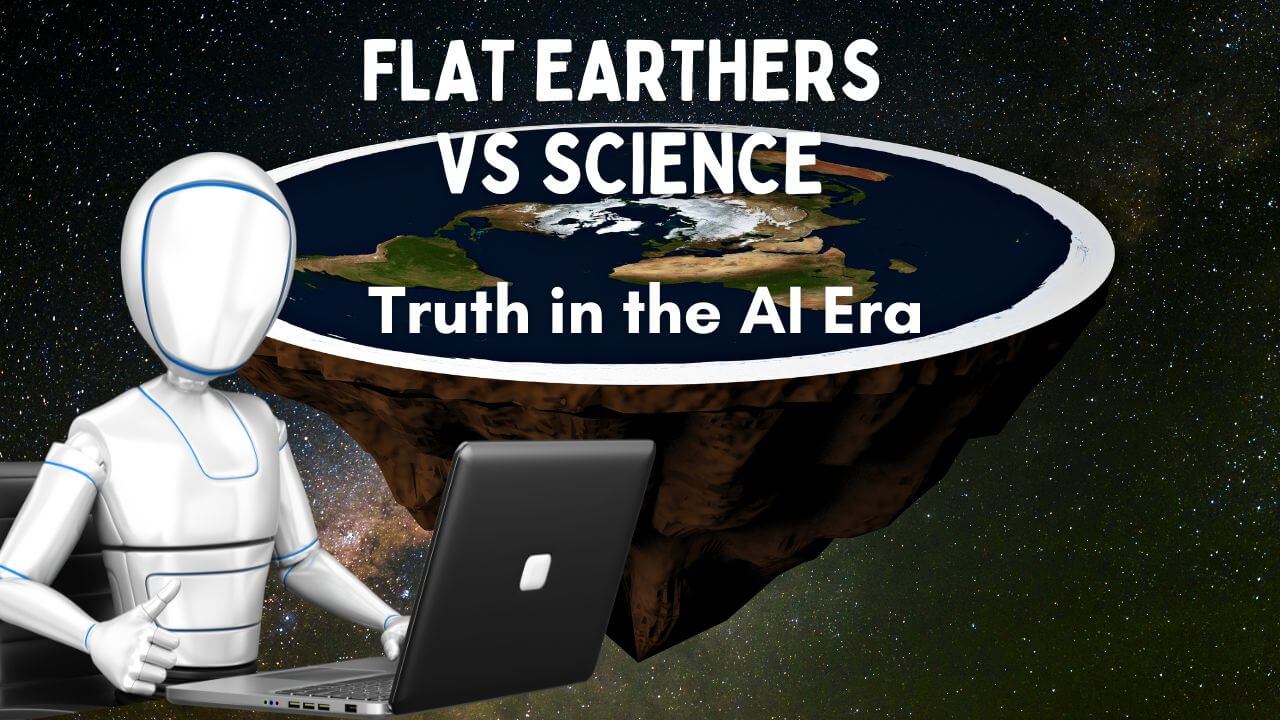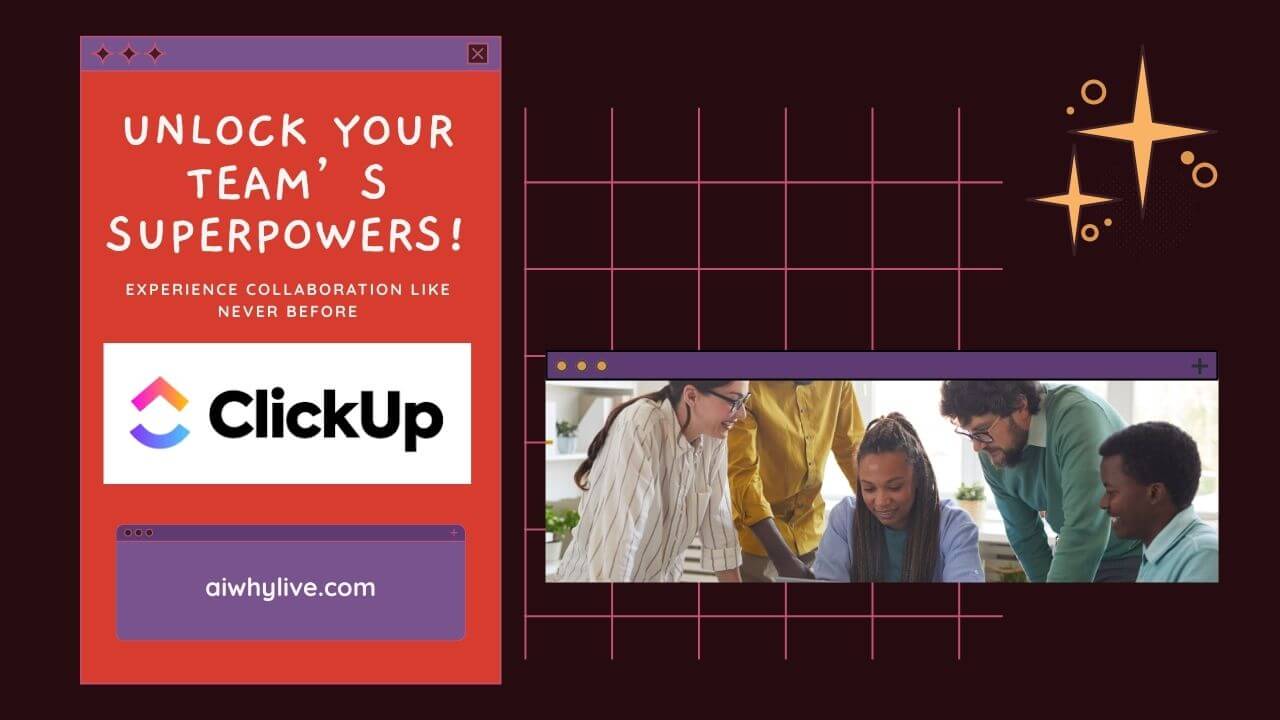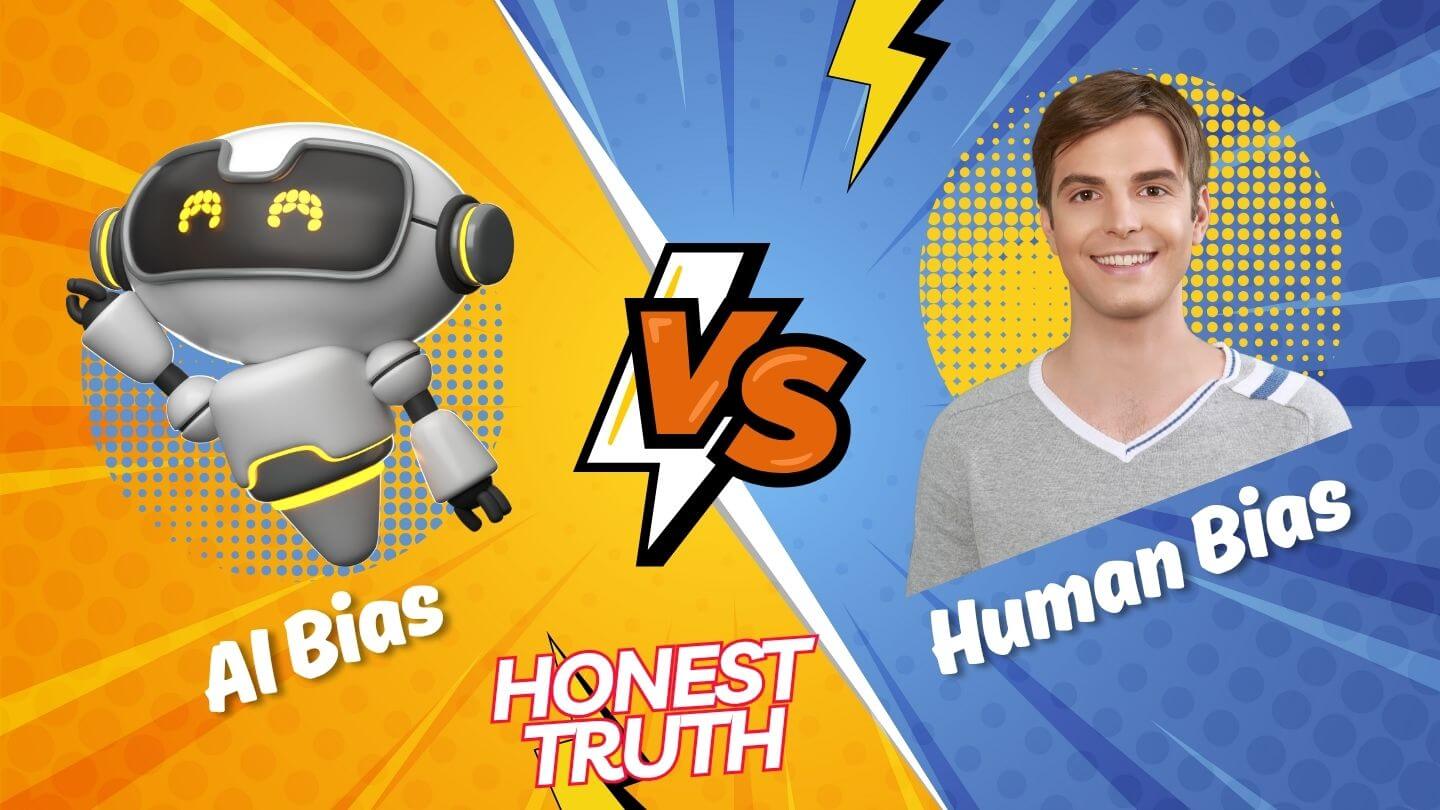Introduction
In an era dominated by AI innovations and digital breakthroughs, one might assume that ancient debates about the very shape of our planet would have been left in the past. Yet, the flat Earth theory endures—popping up from the fringe of pseudoscience and conspiracy theories into mainstream discourse, sometimes even in our backyards. Today, we dive into the world of flat earthers: examining their beliefs, core values, motivations, and the social impact of their ideas. We also explore the notable presence (and relative absence) of flat-earthers in the Philippines.
But here’s a critical question: In the AI era, where facts are easily verifiable, what’s the real cost of being wrong about the flat Earth? Does it matter, or is it just another harmless conspiracy?
Understanding Flat Earth Beliefs
Flat Earthers assert that our planet is not a globe but a flat, disc-shaped object. Their central argument hinges on several points:
- Personal Observation: Many flat-earthers base their beliefs on what they see with their own eyes—a flat horizon, for instance—rather than relying on complex scientific measurements.
- Distrust in Institutions: A common refrain among flat earthers is that organizations like NASA—and even global governments—intentionally mislead the public about Earth’s true nature.
- Alternative Explanations: Rejecting conventional explanations like gravity, some proponents posit that density and buoyancy govern natural phenomena.
These ideas are reinforced on social media and alternative forums where skepticism toward traditional scientific and governmental narratives is a core part of their identity.
Core Values and Motivations
At the heart of flat-earth beliefs lie several fundamental motivators:
- Questioning Authority: Followers view themselves as critical thinkers who dare to challenge the established scientific consensus.
- Ideological Conviction: For some, flat-earth notions are interwoven with literal interpretations of religious texts, reinforcing their challenge to mainstream science.
- Community and Identity: Sharing fringe beliefs creates a strong sense of belonging. In many cases, standing apart from the scientific mainstream becomes a badge of honor.
This blend of ideology and identity has created a community that not only questions the nature of our planet but also the motivations behind modern science.
Insights from “Flat Earthers vs Scientists: Can We Trust Science?”
A widely viewed YouTube video, “Flat Earthers vs Scientists: Can We Trust Science?” by Jubilee, illustrates the profound divide between flat earthers and the scientific community. In this debate:
- Flat Earthers Argue: Their skepticism goes beyond the shape of the Earth—they distrust the systems of authority, claiming that photos from space and scientific data are manipulated. Their argument is rooted in personal experience and a belief that everyday observations are more trustworthy than the abstract data provided by experts.
- Scientists Retort: The scientists emphasize that rigorous methods, reproducible experiments, and a vast array of evidence—from high-altitude balloon footage to gravitational measurements—confirm that Earth is an oblate spheroid. They explain that the scientific method remains the best tool for distinguishing between appearance and reality.
This exchange highlights two perspectives: one where truth is determined by personal observation and distrust of institutions, and another where evidence and rigorous testing form the backbone of what we understand as reality.
What’s the Big Deal? Does Being Wrong About Flat Earth Matter in the AI Era?
At first glance, believing in a flat Earth might seem harmless—just an eccentric viewpoint in a world full of diverse perspectives. But in the AI-driven age, where facts are easily verifiable through satellite images, advanced simulations, and scientific consensus, being wrong can have serious consequences.
- Misinformation Becomes Contagious – A denial of basic, observable truths (like Earth’s shape) can snowball into rejecting other verified scientific concepts—climate science, vaccines, AI-driven healthcare solutions. If one fundamental reality is dismissed, how can AI-generated insights be trusted?
- The Erosion of Critical Thinking – AI is built on data and evidence-based decision-making. The refusal to accept well-documented facts threatens not just the understanding of science but the way society interacts with complex, data-driven tools. Believing in the flat Earth isn’t just about one idea—it’s about rejecting an entire framework of logic and inquiry.
- Trust in AI and Science Diminishes – AI depends on scientific models and reasoning. If people question fundamental truths, they may be more likely to distrust AI-driven solutions in medicine, business, and governance, slowing down technological progress.
Simply put, in the AI era, refusing verifiable knowledge doesn’t just leave you wrong—it disconnects you from the very systems shaping our future.
The Social Impact of Flat Earthism
Flat earthism, although a fringe belief, carries broader social implications:
- Undermining Trust: When flat-earth theories gain traction, they can erode confidence in trusted institutions and scientific consensus, contributing to a culture of overall skepticism.
- Misinformation Spread: In our digital age, conspiratorial ideas can quickly spread, influencing public opinion on other critical issues like climate change and public health.
- Educational Challenges: In regions where these beliefs take root, educators face additional hurdles in countering misinformation and promoting scientific literacy.
Globally, surveys suggest that while only a very small percentage of the population subscribes to flat earth ideas (often less than 1-2%), the numbers might be higher among communities with broader distrust of scientific and governmental institutions. In the Philippines, for example, discussions on platforms like Facebook and local forums show that while the majority adhere to scientifically accurate models of Earth, a small but dedicated group continues to push flat-earth narratives.
Conclusion: Embracing the Age of AI, Reason, and Critical Thinking
As we navigate the digital frontier, the debate between flat earthers and scientists reminds us of the importance of critical thinking, rigorous evidence, and the responsible exchange of ideas. While flat-earthers continue to question the nature of our planet based on personal observations and distrust, the overwhelming consensus backed by centuries of scientific research affirms that Earth is indeed round.
But in this AI-driven age, being wrong about fundamental truths carries real consequences. AI thrives on logic, data, and science. Rejecting facts not only isolates individuals from the advancements shaping tomorrow but also makes it harder for society to embrace innovation in medicine, climate action, and technology.
At AIWhyLive.com, we celebrate technology and innovations that empower us with accurate data and encourage critical analysis. Whether you’re engaging with cutting-edge AI tools or exploring traditional debates, let the pursuit of truth—guided by reason and evidence—inspire all your endeavors.
Sources & Further Reading
- Flat Earthers vs Scientists: Can We Trust Science? | Jubilee
- Modern Flat Earth Beliefs – Wikipedia
- Gallup International Survey on Flat Earth Beliefs
- Esquire Philippines – Flat Earth Society Philippines
In the age of AI and beyond, let’s champion the free exchange of ideas—grounding our convictions in sound evidence while nurturing curiosity and open-minded inquiry.







